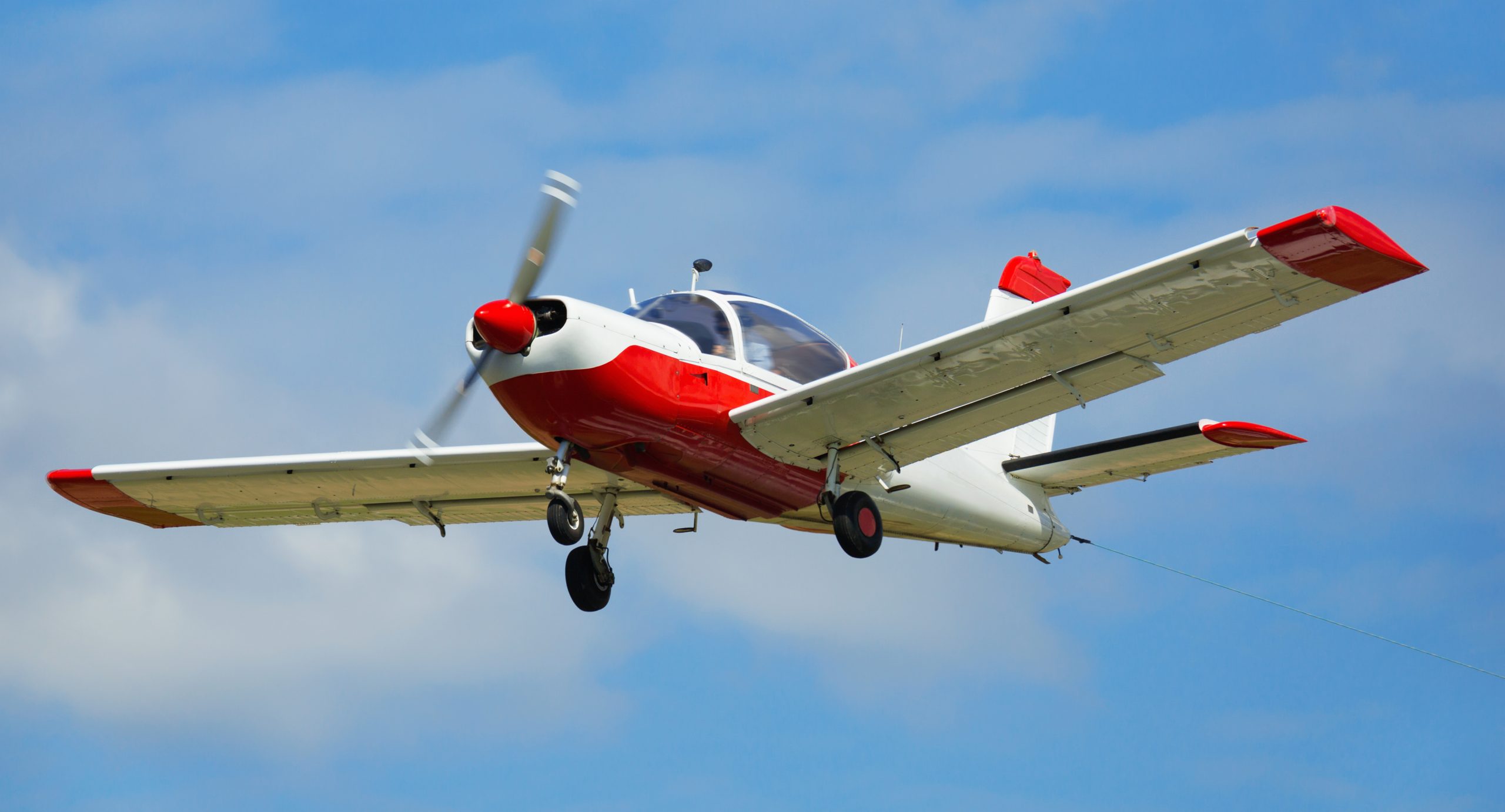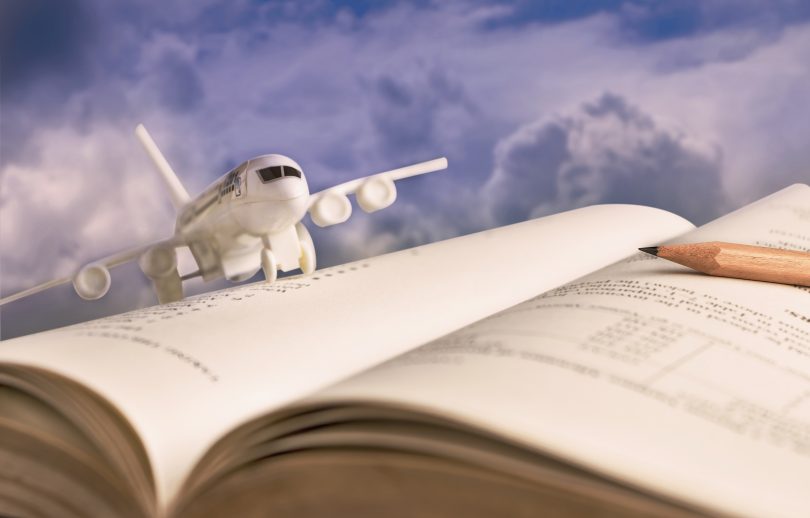Should I Continue With Flight School
At first glance, it might seem like a good idea to become a pilot. You get to work in the skies, travel all around the world, and meet lots of people in all the destinations you'll be heading to.
You've probably also heard of the many inspirational stories in this field, like that of the cleaner who worked his way up to become a pilot or the story of the pilot who saved hundreds of lives by landing a plane safely into a river.
An aviation career indeed sounds worthwhile on paper. Some drawbacks exist, but they're not insurmountable.
So, if you really want to pursue this 'on-air' career, you must first consider the pros and cons.
Even if aviation has been your lifelong dream, it'll be wise to pause and carefully consider the advantages and drawbacks, as the commitment is long and all-encompassing.
Consider these perks and downsides of attending a flight school:
The Pros
Top-Notch Instruction
Universities that specialize in aviation hire only the best professors and instructors. Ideally, they're all aviation experts with many years of experience in the industry.
They can be a retired airline official, an aviation mechanic, or an active pilot, etc. Their subject of expertise may also be in multiple areas of aviation, and they know it like the back of their hand.
It's a fact you can take comfort in, that you'll only be trained by the best when you join a flight school. The best flight schools also aim to have the most experienced and qualified pilots on their faculty and utilize the most advanced teaching and learning methods.
The knowledge and experience you'll acquire from these field experts will certainly increase your chances of landing a promising aviation career.
State-Of-The-Art Equipment
Aviation schools will also have the best aircraft and simulators for training. The top ones will even have more modern plane models with GPS and ADS-B installed.
Most flight departments in universities also maintain their aircraft conservatively with frequent inspections, which is important if you want to have a better guarantee that you'll be flying safely during your actual flight training sessions.
Students can also have access to a range of high-end facilities that don't come in schools with fewer resources. You can even try out the newest technologies in their testing phase if your organization is one of the first to offer high-tech simulators, or you can be the first to use newer planes.
An excellent flight school will provide you with the benefits of these facilities, which can help you become a pilot with better proficiency in more advanced technology.
Getting a flight school education will also increase your chances of securing a job in the airline industry in the future.
Broad Network
Your time as a student in a flight school may also help you build contacts you'll need if you want to guarantee a job in the aviation industry in the near future. It's one of the best places to get acquainted with people who may have connections in different airlines.
When the time comes for you to find a job, your relationship with these folks may prove to be crucial.
A flight school brings together people who share the same passion for flying. It's a community focused on nurturing the development of students who aspire to be future aviation professionals.
In no time, you'll find that learning with people with the same interest as you can make you feel right at home. Because of this, you're also more likely to develop lifelong friendships while still studying.
Guaranteed Career Placement
Numerous airlines collaborate with aviation schools and offer students better hiring advantages, or at the very least, guaranteed interviews. There're also airlines that have fewer requirements for new pilots who come from a trusted or affiliated aviation school.
This is because they feel confident that such students already possess a good grounding in important areas such as advanced flight procedures, aerodynamics, aviation transportation, jet engines, and aeronautics.
Taking a flight training course will open up several possibilities for you, including internships, or an actual job placement.
Either way, you get ample chances to prove yourself and climb your career ladder faster. When you have a flight school connected to major airlines, it'll only get better after you graduate.

View of light aircraft flying in blue sky
The Cons
High Cost
One of the most notable aspects of attending a flight school is the steep tuition costs. Tuition can be as high as $130,000 per year and doesn't always include travel costs.
Although this price range will vary across schools, colleges, and universities, tuition ranges in aviation are definitely higher than other more common courses.
To give you an idea, the average student who graduates from an aviation school with $100,000 to $150,000 in debt is likely to acquire a starting position as a local airline pilot for less than $30,000 per year.
Limited Alternatives After A Failure
If you want to pursue an aviation career, no matter what your goals are, having a Plan B in place is more important than you might imagine.
Getting an associate's or bachelor's degree in flight is only beneficial if you want to become a pilot.
Because of the fact that it's a harsh industry for jobs, you also have to think about the possibilities if you fail to meet the qualifications for the position you want.
Suppose your aviation medical certification request is denied. Likewise, if you're penalized for a misdemeanor or crime infraction, or if you fail too many check rides, you'll risk being rejected for a pilot's license.
Many people, therefore, recommend getting a more versatile degree before you venture into aviation, such as other majors related to accounting degrees or business.
Strict Rules
Flying might not be the freeing experience you think it is, so perhaps you ought to relook at that idea as a whole. Soaring high above the clouds is not a straightforward endeavor because there're so many rules and regulations to follow.
The attention to detail is strict; there's no leniency for mistakes or errors. You must take these rules very seriously, as they're essential for everyone's safety.
Aviation procedures understandably veer towards the extreme side of caution, which is why pilots and instructors always have to pay attention down to the smallest details.
Every flying aspect is governed by standards and procedures, which somehow eliminates the fun in the equation.
Rigid Schedules
Many universities are changing how they accommodate non-traditional students, but most aeronautics students are still mandated to attend face-to-face classes during regular business hours, which can be rigid.
A university scheduling department puts the program together, and if you can't attend a flight, you may even be required to pay fees.
Conclusion
Studying in an aviation school means taking on a big challenge. Universities can be extremely helpful in learning the most about the airline industry, making networking contacts, and eventually finding a pilot job.
However, this career can be pretty expensive, and it's recommended that you devise a backup plan if you fail in the process.
But if you can afford the costs, or receive a scholarship, this can become a truly viable and reasonable option for you to finally fulfill your dream to work in the aviation industry.
Source: https://www.collegebasics.com/blog/pros-and-cons-flight-school/

Belum ada Komentar untuk "Should I Continue With Flight School"
Posting Komentar